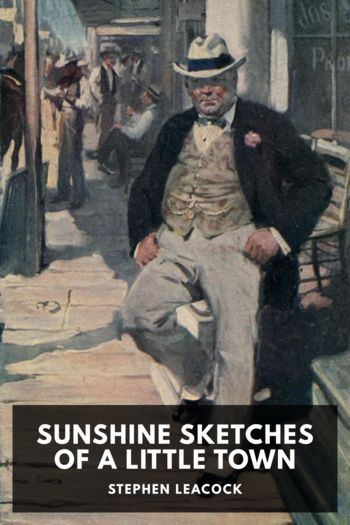Low Country, J. Jones [top 10 best books of all time .TXT] 📗

- Author: J. Jones
Book online «Low Country, J. Jones [top 10 best books of all time .TXT] 📗». Author J. Jones
It was at Waccamaw Academy I met my first friend, a round-faced girl named Dora who liked to eat handfuls of dog kibble and whose mother advised matriculation into the circuit of pageants that fostered all the little girls of future means, including Dora. Just like my dad had a string of bars to perform at, so the girl children of the county had stages erected to show off their bodies in malls both shopping and strip. In a culture that valued more highly its barriers than the diligent or lucky few who managed to scramble over them, it must have seemed like an opportunity for advancement. Mom’s father had never owned a pair of shoes until enlisting in the Air Force, and she and her sisters relied on the generosity of an aunt to sew their church clothes for most of their childhood. Just a generation between naked poverty and literal pageantry. We want things to be easy for those we love, to spare them pain, of course, and to spare ourselves the suffering by proxy. Pink. The color I knew as winking Venus flytraps. Bubble gum in squares. Calamine lotion for sunburn and chicken pox. A color I would learn to hate as I was pinned and sashed into its various shades for the length of my time at Waccamaw Academy. I would be socializing with the children of the oldest and richest families in Horry County, whose great-grandparents had named the town and built the railroad that replaced the ferry that had been carting day-trippers across the Pee Dee River to New Town.
Nana had grown up in the shadow of Miss Sun Fun pageants, watching girls less lovely than she wave in their swimsuits from parade floats every year as she worked double-time at the bank and at Myrtle Beach High School. For both Nana and Mom, for whatever else they endured, being considered beautiful by men made the world a little less hard for them. I had inherited none of their looks, resembling neither of these women who put stock in their most valuable commodity, as it was shown to them. Nana used to say, “If you marry a Jones, all your children come out looking like Joneses,” which is what I looked like.
Dora was an only child, and her house felt like an enchanted hideaway to me, a different reality built inside a stilt-raised beach house that was secluded instead among swamp forests and live oaks draped with moss and cottonmouths next to the Waccamaw River. Before we were allowed to go downstairs and play on their lawn, which overlooked the river, her father made us wait inside while he and his shotgun patrolled the area for water moccasins that slithered up from the river and dropped from the treetops onto the grass. Like the upper classes everywhere, Dora’s family liked to hunt, and pictures of her grinning beside her father in matching fatigues with an assortment of newly dead creatures, fish, quail, ducks hanging from the mouths of their hunting dogs, did not suggest to me the actions required to get to that point of posing. These photographs decorated the walls of their home, accenting the stuffed and tastefully shellacked mallards posed forever in midflight above the fireplace. Their violence was a controlled one that could be mounted and shown off. Our violence was never spoken of. A shameful secret. Only once was I strapped on the back of a four-wheeler and forced to accompany their party as they shot the deer I loved to spot between the pines on the side of the road.
Occasionally after school, Dora’s mother, Miss Dorothy, would take us out for afternoon drinks, as it were, an event that expected a certain level of decorum. I politely crossed my ankles and kept my elbows off the table, as she’d instructed once before. Miss Dorothy ordered a round of Shirley Temples for the three of us. “Stick your chest out, girls,” she corrected our posture continually and in any location, restaurant booths, school parking lot, their kitchen, or on pageant stage, and it irked me even then to be coached to put first and foremost the fated legal tender of my gender’s strongest currency. Still, every time I lugged myself into the back seat of her sports utility vehicle, I hoped we would end up at the dark restaurant with the black leather booths and fizzy pink drinks with prim red cherries on top. It was a luxury, their manners somewhat exotic at first introduction. I had been to bars before or after shifts with my parents, played with peanut shells discarded on the floor as Dad sang onstage, but we could not afford sit-down restaurants then, though the Joneses owned quite a few. It was a treat when Dad and I slid into his pickup truck to go get biscuits from the drive-through place called Oliver’s. Such was the contrast of my early childhood: we were barely able to pay for groceries, and yet I received fur coats and collectible dolls as Christmas gifts from Nana and Granddaddy. It was just the way I knew things. I dreaded Christmases, knowing that for gifts I’d receive elaborate costumes of my own that I would then be forced to parade. Like the pink suede cowgirl skirt and vest, complete with fringe and boots. And the white





Comments (0)